When it comes to protecting patients from the potentially deadly intestinal infection C. diff, Kaiser Permanente Northern California hospitals are among the best performing hospitals in the country. Pictured above, Yonghyun Won meticulously cleans a patient room.
Yonghyun Won is on the front lines of Kaiser Permanente’s efforts to keep patients safe from Clostridium difficile, or C. diff infection in its hospitals.
As an environmental services aide at the Kaiser Permanente Redwood City Medical Center, Won’s work includes thoroughly cleaning patient rooms, especially those where a patient was treated for C. diff.
“When I’m cleaning, I’m thinking of my family and how I would want the room to be if a member of my family was going to stay there,” she said.
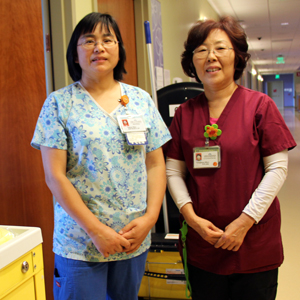
Won and her coworkers take extraordinary care when cleaning a room where a C. diff patient received care. From the ceiling to the floors, they clean surfaces with a chemical that destroys C. diff spores, and they throw away objects that can’t be wiped down. Afterward, a supervisor uses a specialized swab to ensure that high-touch areas are completely clean. Finally, a machine that emits UV light spins around and around in the room, killing remaining C. diff. spores.
This meticulous work is only one piece of Kaiser Permanente’s ongoing, coordinated C. diff campaign that is producing excellent results.
Since January of 2015, the region’s 21 hospitals in Northern California have seen a 40 percent reduction in hospital-onset C. Diff infections.
“Our work to prevent C. diff is exceptional and is on par with the best performing hospitals in the country,” said David Witt, MD, co-chair of Kaiser Permanente Northern California’s Infection Control Committee.
Cristine Lacerna, RN, MPH, regional director for Kaiser Permanente Infection Prevention, added that the work takes a team.
“It takes hospital leadership paying attention and providing consistent support. It also takes the consistent focus of nurses, doctors, pharmacists, transporters, the dietary staff, infection prevention, and environmental services staff.”
Easily Spread, Tough to Kill
C. diff is a type of bacteria that lives in people’s intestines. When someone takes an antibiotic to treat an infection, the medicine can also kill good bacteria in the intestine, and this can allow C. diff to grow and create another, different infection.
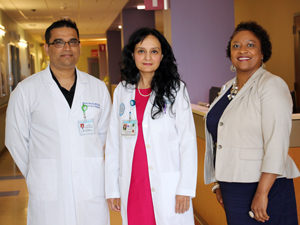
A C. diff infection can cause swelling and irritation of the colon (colitis), which can lead to diarrhea, fever, nausea, dehydration, belly pain, and in some cases death. In 2011, the Centers for Disease Control and Prevention reported approximately 29,000 deaths related to C. diff in the United States.
C. diff is also contagious, and the bacteria can live for months on surfaces unless they are destroyed. Patients can become infected with C. diff in the hospital by ingesting spores from another patient, the patient room, shared patient equipment, or a health care worker’s hands.
Kaiser Permanente Northern California’s protocol for preventing C. diff infection includes: diligent hand washing, careful testing for C. diff, using protective gowns and gloves, thorough cleaning and sanitizing of rooms, and using antibiotics appropriately.
“We have incredible pride in the multidisciplinary teams that have led and are responsible for this work,” said Celia Ryan, executive director, Kaiser Permanente Northern California Risk and Patient Safety.
Exceptional Prevention Work
Kaiser Permanente’s Redwood City Medical Center, where Yonghyun Won works, has the lowest rate of C. diff among the organization’s 21 Northern California hospitals. So far this year, the medical center has had only 1 case of hospital-onset C. diff.
The hospital’s assistant physician in chief for Quality, Poonam Kapadia, MD, said their success is due to intensive hands-on work, educating front-line staff to ensure each potential case of C. diff is handled appropriately.
“This work has taken a lot of time and effort, but it’s been extremely gratifying. It’s about putting our patients at the center of our work and ensuring we keep them safe.”
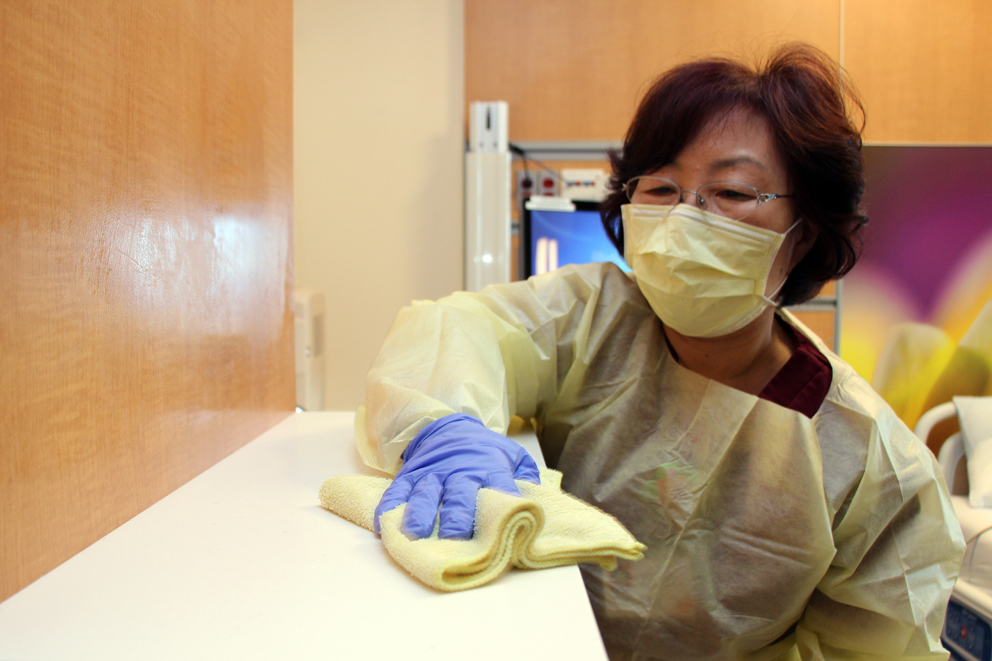
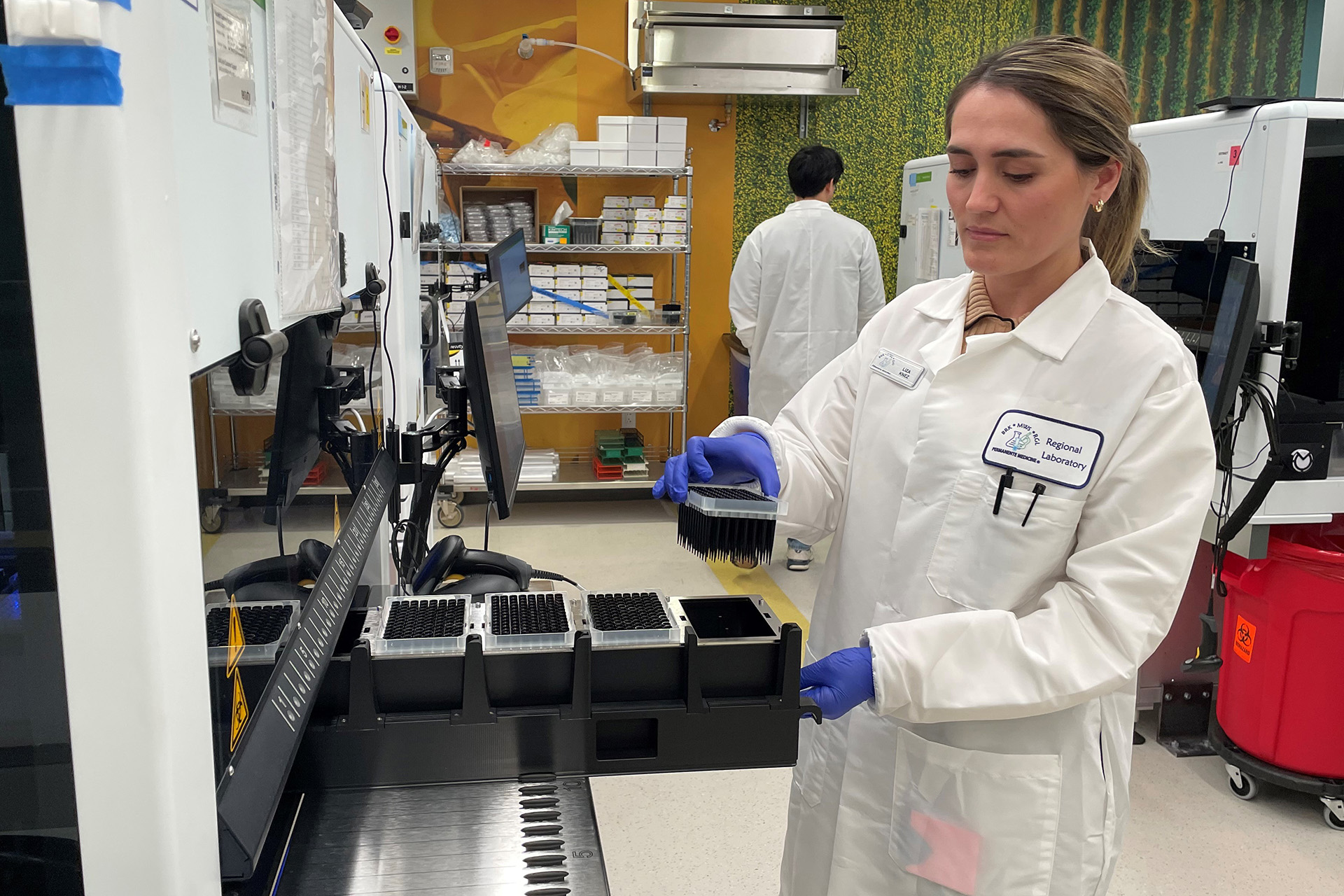
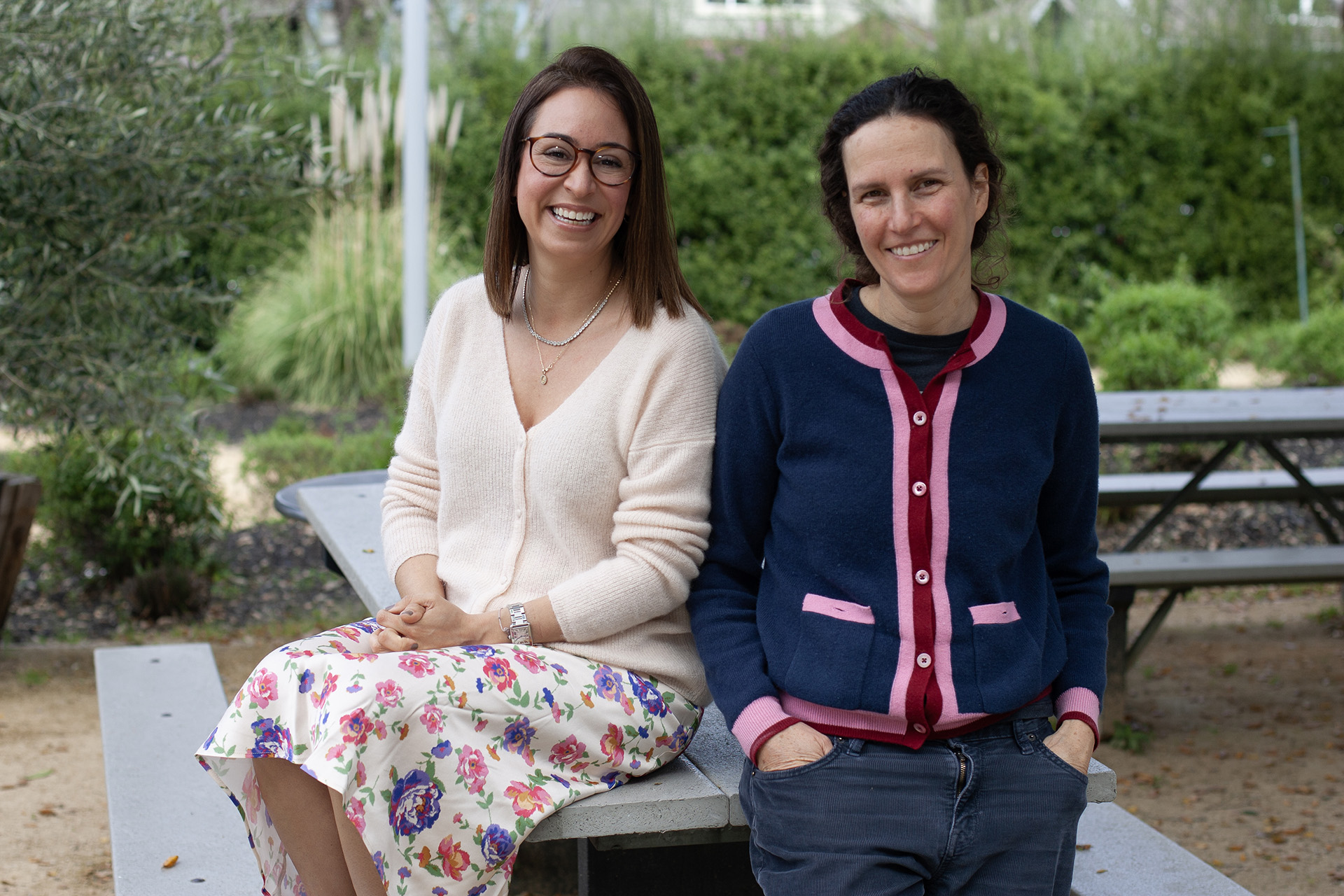
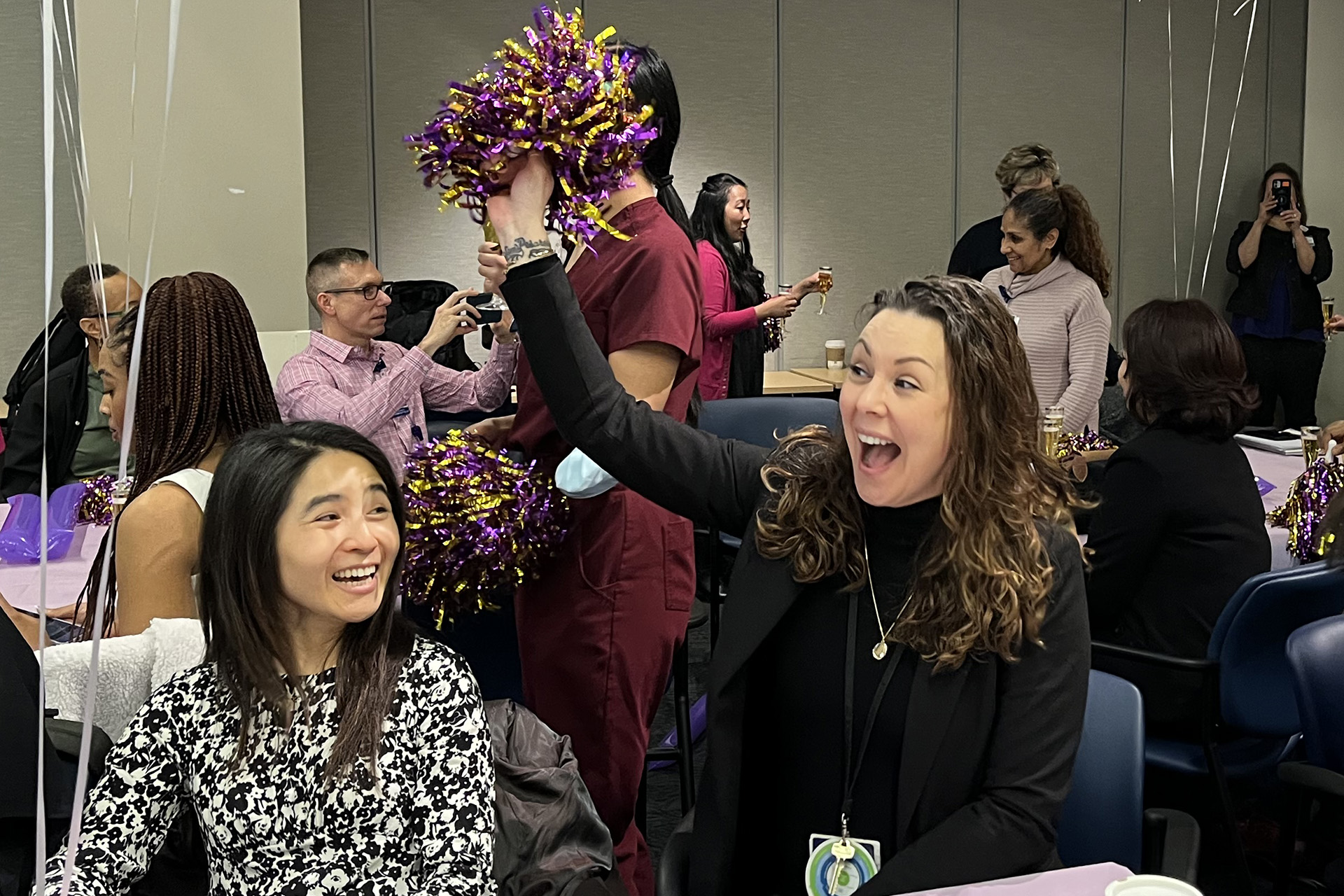
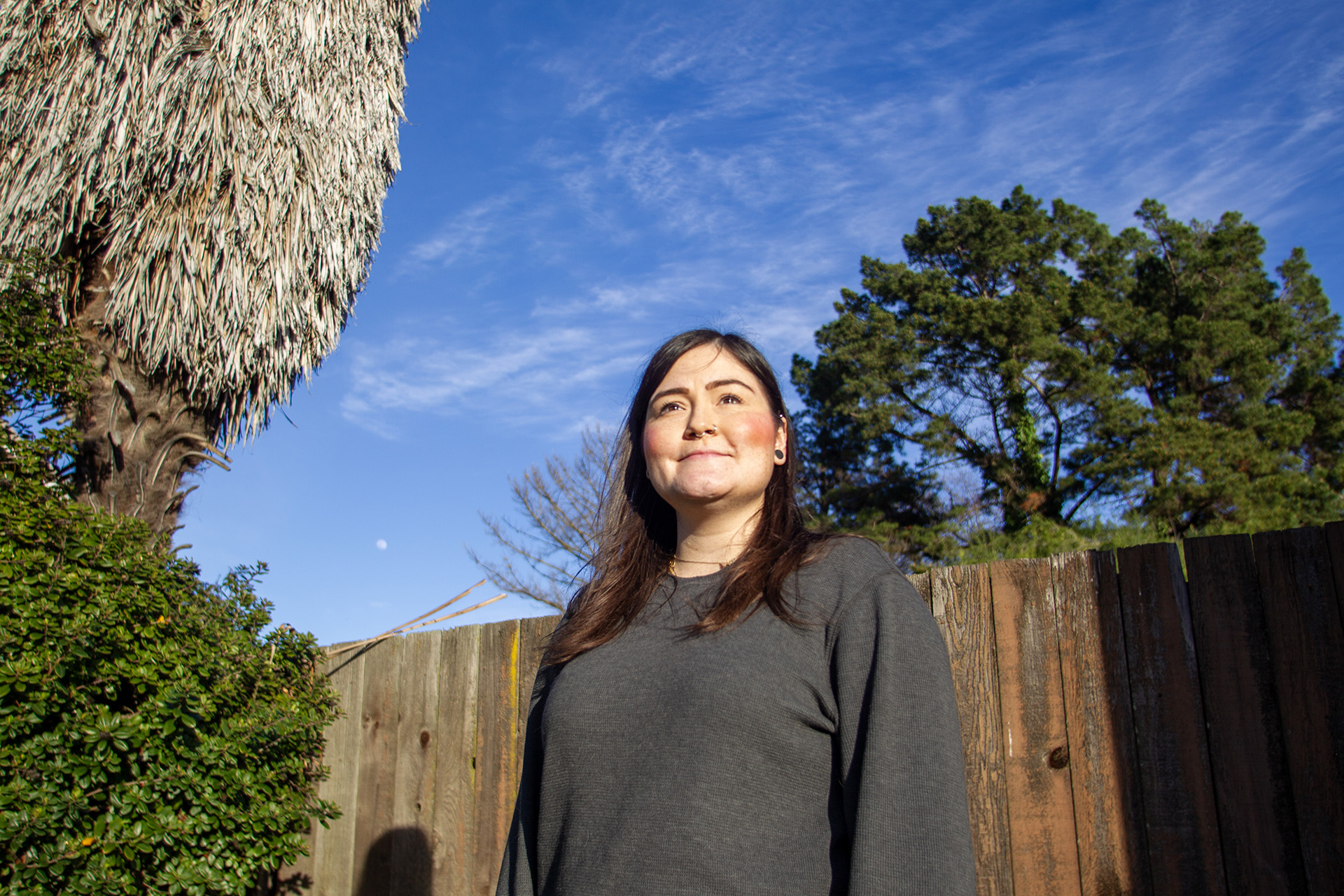
This Post Has 0 Comments